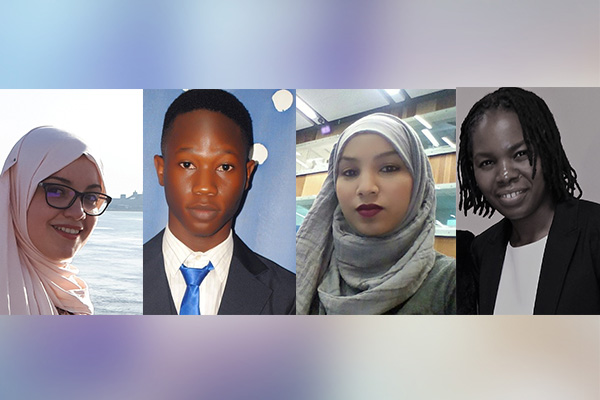Back to News
Further information about the Lindau Nobel Laureate Meetings:
- Once every year, 30 to 40 Nobel Laureates convene at Lindau to meet the next generation of leading scientists: 400–600 undergraduates, PhD students, and postdoctoral researchers from all over the world.
- The Lindau Nobel Laureate Meetings foster the exchange between scientists of different generations, cultures, and disciplines. http://www.lindau-nobel.org/meeting/
- The meetings take place every year alternating between physiology and medicine; physics and chemistry – the three natural science Nobel Prize disciplines. An interdisciplinary meeting takes place every five years. In addition, the Lindau Meeting on Economic Sciences is held every three years.
- The AAS has since 2016 been partnering with the Council for the Lindau Nobel Laureate Meetings and the Foundation Lindau Nobel Laureate Meetings to support the participation of early career African scientists at the Lindau Nobel Laureate Meetings.



 Rosa Jacob Chilundo, a Ph.D. student in Science and Energy Technology at Eduardo Mondlane University, Mozambique
Rosa Jacob Chilundo, a Ph.D. student in Science and Energy Technology at Eduardo Mondlane University, Mozambique Akorede Kalejaiye, a BSc student of Physics at the University of Ilorin, Nigeria
Akorede Kalejaiye, a BSc student of Physics at the University of Ilorin, Nigeria Sirine Ben Nasr, a PhD student working on Atomic and Plasma Physics at the National Centre for Nuclear Sciences and Technologies, Tunisia
Sirine Ben Nasr, a PhD student working on Atomic and Plasma Physics at the National Centre for Nuclear Sciences and Technologies, Tunisia